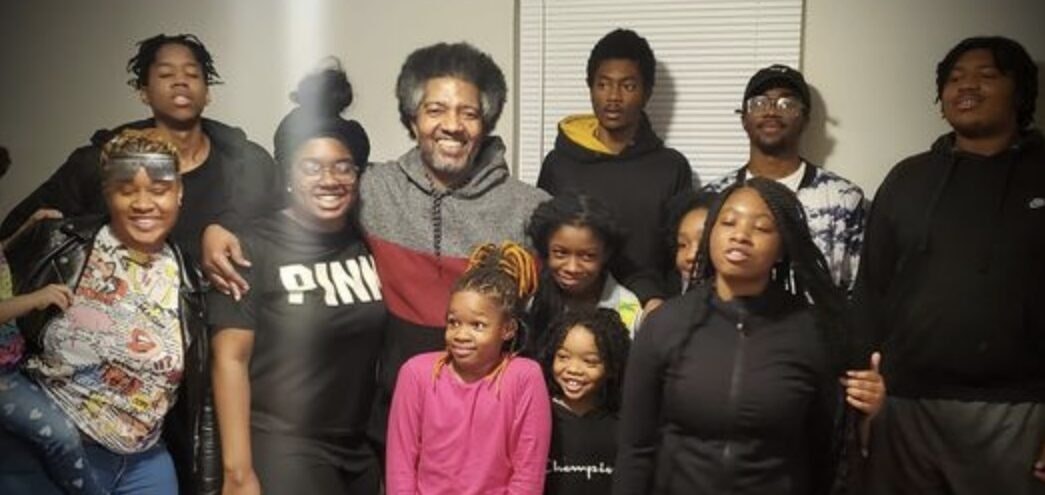“My incarceration did not just impact me. When I went to prison, my family suffered because of my absence, too: as the oldest of five children, I’d helped with everything from an early age.”
April is Second Chance Month – and I believe people have a right to a second chance, and to redeem themselves of their worst wrongdoings. I am grateful for my own second chance and know that so many other people who are still incarcerated deserve a second chance, too. My story of a second chance was made possible because of the work to change outdated sentencing laws, and I know we need more commonsense changes that help others make amends and rejoin their families – healing entire communities in the process.
At age seventeen, I was given a life sentence. And after serving 33 years in prison, on December 23, 2020, D.C.’s Second Look law enabled me to come home. I’m very remorseful about what I did, and hardly a day goes by that I don’t feel ashamed of my past actions. But while I can't undo what I’ve done, I can be better – and millions of other people like me deserve a second chance to come home to their families and communities, too.
While in federal custody, I was shuffled across the country to different prisons, hundreds and sometimes even thousands of miles from my family. The conditions in those prisons were deplorable and made me feel excluded from society. Often, when I was transferred, my property would be damaged or destroyed. But I tried to make the best of it – I began work in the kitchen for 12 cents an hour, and went to school, taking a GED class, and I read books and newspapers to feel normal – like I was still a part of society.
I was 19 years old in 1989 when I earned my GED, and it felt like such an accomplishment that I wanted to continue my education. Even though I had earned my GED, I was prohibited from enrolling to attend college in other penitentiaries, until I was moved to Wisconsin Baraboo. But as soon as I was able, I applied for a Pell Grant and began college. Unfortunately, not long after I enrolled, Pell Grant eligibility was taken away from incarcerated people – that chance at covering the cost of further education was gone. I was crushed – I’d fought so hard, only to have another opportunity snatched away. But I continued to participate in any programs I could while incarcerated, including acquiring trades such as upholstery and HVAC. I poured myself into my grief and loss group and victim impact classes, which eventually led to me mentoring others and moving into a cognitive behavior therapy unit called The Challenge Program, where I became a mental health companion and senior peer mentor.
My incarceration did not just impact me. When I went to prison, my family suffered because of my absence, too: as the oldest of five children, I’d helped with everything from an early age. Now, my mother no longer had me to lean on, and my sisters and brothers began to act out. My going to prison accelerated the destruction of my community, and my actions splintered three families. When my mother struggled with substance use, my siblings had to go live with my aunt in New York. And my entire extended family suffered financially. My family did the best they could to support me by adding money to my commissary account when they could and trying to make sure I could talk to my siblings around the holidays.
